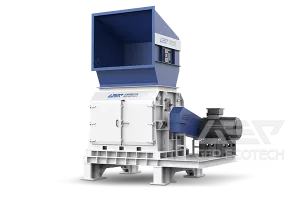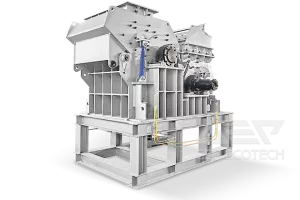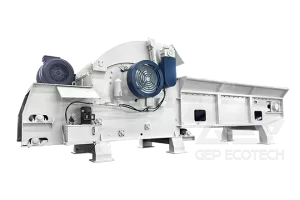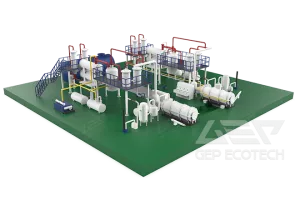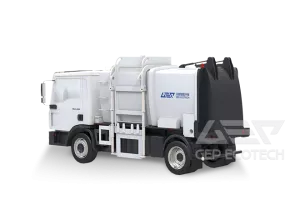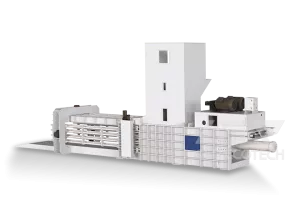Crushing concrete and demolition waste requires specialized equipment designed to handle the toughness and density of these materials efficiently. Several types of equipment are commonly used for this purpose:
Jaw Crusher
Jaw crushers are versatile machines suitable for primary and secondary crushing of concrete and demolition waste. They use a movable jaw and a fixed jaw to crush the material by applying pressure. Jaw crushers are capable of producing various sizes of crushed material.
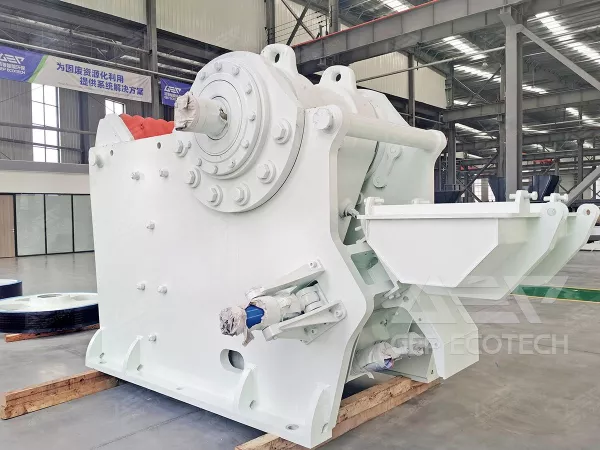
Impact Crusher
Impact crushers are effective for secondary or tertiary crushing of concrete and demolition waste. They work by striking the material with a high-speed rotor equipped with hammers or blow bars. Impact crushers can produce cubical-shaped aggregates and are well-suited for recycling applications.
Cone Crusher
Cone crushers can be used for secondary or tertiary crushing of concrete and demolition waste. They operate by compressing the material between a mantle and a concave, creating smaller-sized material. Cone crushers are suitable for producing finer aggregates.
Mobile Crushers
Mobile crushers, including mobile jaw, impact and cone crushers, are highly mobile and can be transported to demolition sites. They are often used to crush concrete and demolition waste directly at the job site, reducing transportation costs.
Hammer Crusher
Hammer crushers can be used for crushing concrete and demolition waste, especially in situations where precise control over the size and shape of the crushed material is not critical. They work by applying a high-speed impact force to break the material.
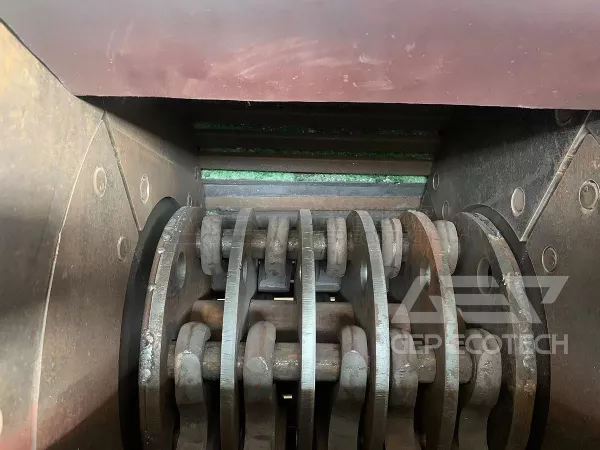
When selecting equipment to crush concrete and demolition waste, consider factors such as the volume of material to be processed, desired final product size, mobility requirements, and environmental regulations. It's crucial to choose the right equipment for your specific application to ensure efficient and safe operations. Additionally, safety measures and compliance with local regulations should be a priority in any demolition and recycling operation.


